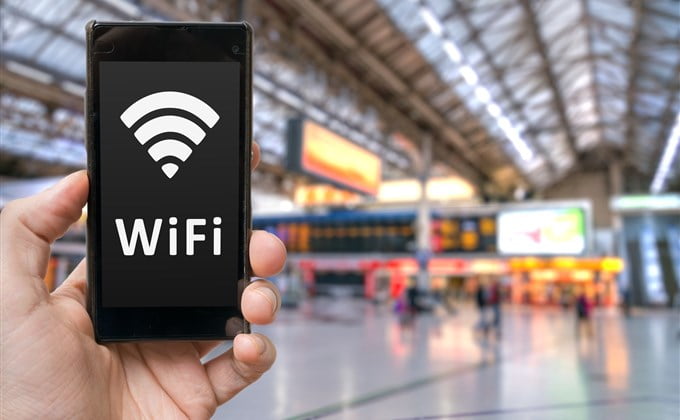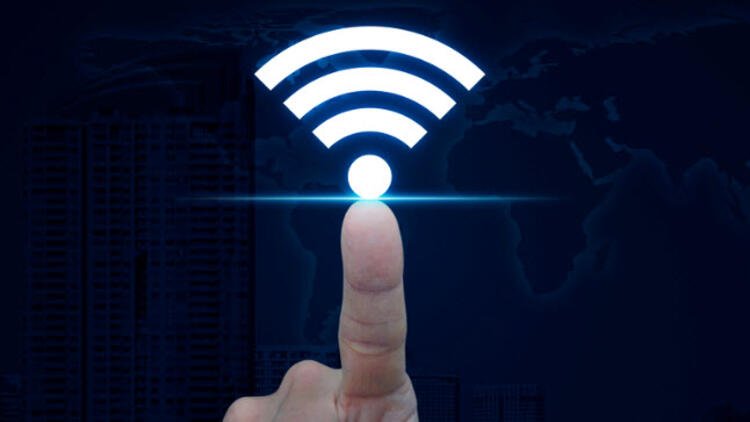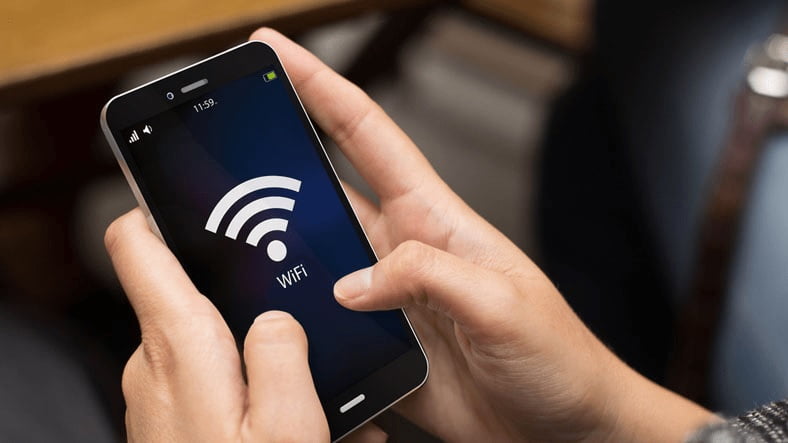If you don’t know how to reduce the battery consumption of Wi-Fi on smartphones and laptops, we are going to help you out. When we connect to the Internet wirelessly, one of the factors to take into account is the battery consumption it can cause. Any intensive use we make either with a computer or mobile phone might some problems. In this article, we are going to talk about to what extent Wi-Fi can affect the battery and what we can do to try to reduce consumption.
Does Wi-Fi consume a lot of power when it is on?
This question is asked by many users of both smartphones and laptops. We already know that our devices have a limited capacity. A computer could be on without being connected to the power for approximately 3-8 hours depending on the screen size.
The same happens with smartphones. Perhaps in this case it may be a more worrying issue since smartphones have a capacity that allows us to keep it on more than a day.

But the truth is that having Wi-Fi connected all the time is not going to mean excessive consumption. Having a laptop connected to Wi-Fi near the access point is not the same as being on the move, constantly changing networks, at a considerable distance, and constantly looking for connectivity. The same could be said for a smartphone. In many cases, the distance to the router can be very large and this also has an impact on the resources that our device will consume to be able to connect.
Keep in mind that any program running in the background and connecting to the network will consume battery power.
How to reduce the battery consumption of Wi-Fi on smartphones and laptops?
We have seen that the Wi-Fi network itself is not something that will greatly affect the battery of our laptop or mobile phone. However, there are some factors that we should take into account. Depending on how we use it, we can achieve greater savings that can be useful to extend the time without having to charge our device.
Close background applications
One of the main tips is to close those programs in the background that may be consuming Internet data. Any application of this type is going to cause higher consumption.
Perhaps a single program will not significantly damage the consumption, but the sum of all of them will. Hence, as far as possible, we choose to close this type of software that could affect us. On many occasions, we have too many programs open that we do not even remember.
Try to connect to the best possible network
Of course, this point is key. If we choose an unstable Wi-Fi point, our device will be constantly searching for new networks. We must connect to the best possible network. The more stable it is, the less power consumption our device will need. Besides, the closer we are the less it will consume.

2.4 GHz band consumes less battery power
Modern devices can be connected to both the 2.4GHz and 5GHz bands. Each of them has its positive and negative points. Now, if we talk about power consumption, the first one is the one that will consume the least resources. This will allow us to save energy on our mobile devices.
The 5GHz band is the one with the highest speed and therefore offers higher performance. But this also translates into higher electricity consumption both on the mobile phone and a laptop.
Turn off the Wi-Fi if you are not going to use it
Something basic. If we are going to use the computer or mobile phone without an internet connection, it is best to turn off the Wi-Fi. This will prevent it from constantly searching for networks. This way you’ve learned how to reduce battery consumption of Wi-Fi.





